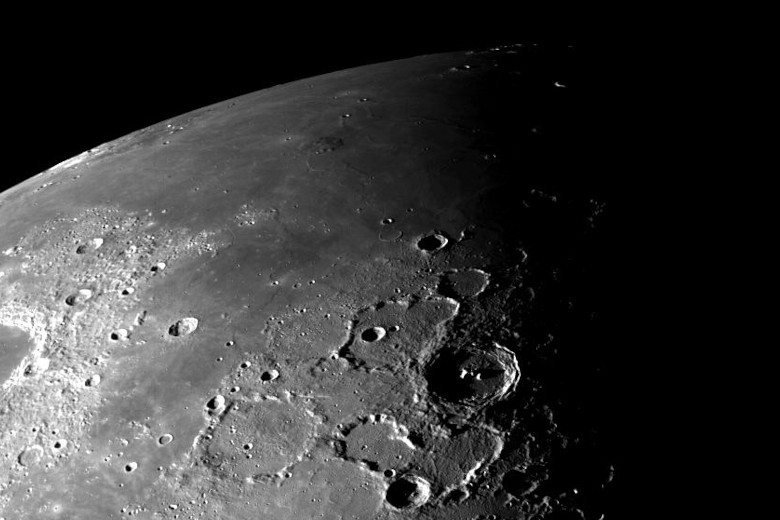
NASA awarded 11 grants for new Space Biology research that will advance NASA’s understanding of how exposure to lunar dust/regolith impacts both plant and animal systems. The organization focuses on space biology advancements as human exploration prepares to go beyond the Earth’s orbit, part of its TIDES initiative (Thrive In DEep Space) that is meant to enable long-duration space missions and improve life on Earth through innovative research. When the projects are fully implemented, approximately USD 2.3 million will be awarded, from 2024 to 2027.
The selected studies include efforts to:
- Test the ability of lunar soil (regolith) to act as a growth substrate for crop-producing plants including grains, tomatoes and potatoes
- Understand how growth in lunar regolith influences plant and microbial interactions, and how in turn, these interactions affect plant development and health,
- Identify and test bioremediation methods/techniques to enhance the ability of regolith to act as a growth substrate, and
- Inderstand how lunar dust exposure impacts host/microbial interactions in human-analogous model systems under simulated microgravity conditions.
Plant Research Investigations focus on topics including tailoring lunar soil to plant nutrition, engineering plant-microbial interactions for improved plant growth on simulated lunar regolith, and root stunting during growth in lunar highland regolith and its impact on legume symbioses.
Photo: The north polar region of the Moon was obtained by NASA’s Galileo camera during the spacecraft flyby of the Earth-Moon system on December 7 and 8, 1992. Credit: NASA


